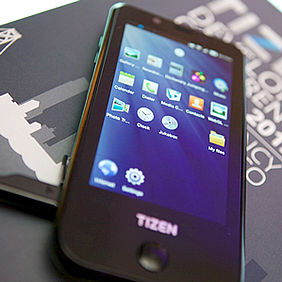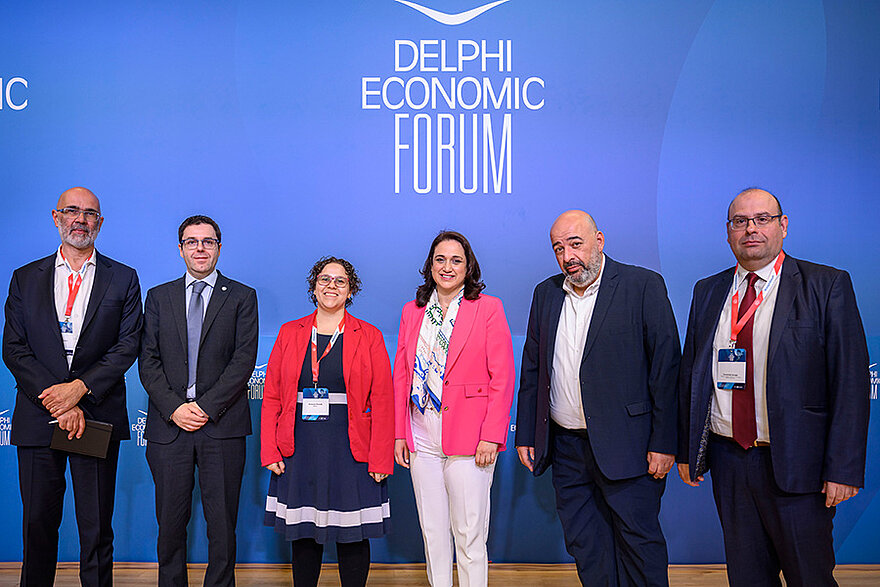The magic word "platform" has lost over the years some lustre. It became so common that everybody was busy creating, or at least talking about creating, a platform. In some circles, I see it in the management committee of the EIT ICT LABS, when you see a proposal for an activity on creating a platform people react like seeing vapourware. Same goes with middleware, which happens to be some different form of platform, actually a platform on a platform... ;-)
Actually, the evolution in both microprocessors and software has pushed the concept of middleware and platform into a new dimension.
Samsung is about to release, officially since several beta versions have been available for awhile, its new OS, Tizen, as an Open Source Software. What Samsung wants is more freedom from Google that is controlling the Android OS that runs on Samsung smartphones.
The crucial point for success of a smart phone today it's the availability of Apps. Both Android and iOS have over a million of them and for any underdog it is almost impossibile to compete. That is why Samsung has tried to entice apps developers with various sorts of challenges and funding to come up with apps running on Tizen and they actually succeeded in having a few thousands of them, a number that would seem to be quite large, given the fact that each of us is not using more than a few apps and has got probably less than a hundred on his phone. And yet, a few thousands apps may run short to win the long tail of the market. And today's market is based on a long tail distribution...
Hence Samsung has turned to OpenMobile, a US based company that produces a new sort of platform creating a new sort of middleware that makes portability of apps created for Android onto Tizen a whiff.
Interestingly in the past the porting of a software onto a different operating system implied the running of a virtual machine on the native OS you were targeting and that decreased the performance. Hence the interest to run "native" applications.
Well, according to the article published on Technology Review, the porting software provided by OpenMobile is so effective that an App might run better on Tizen than on the original Android where it was "native".
This is quite interesting since it changes the rule of the game. We are seeing the OS becoming more tied in onto the hardware than onto the applications, we are seeing a fading importance of "standards" in the classical sense.
I found this evolution (largely due to the much better performances of the hardware and the increased flexibility at system level) interesting and widespread. NFV (Network Function Virtualisation) and SDN (Software Defined Network) are another example of what Antonio Manzalini calls "softwarization".
And, since we are talking about the future and we have some latitude in the discussion, I wonder if the progress in the BCI, Brain Computer Interface, will eventually result in the creation of APIs to access the brain computation power, thus bringing in yet another platform...







